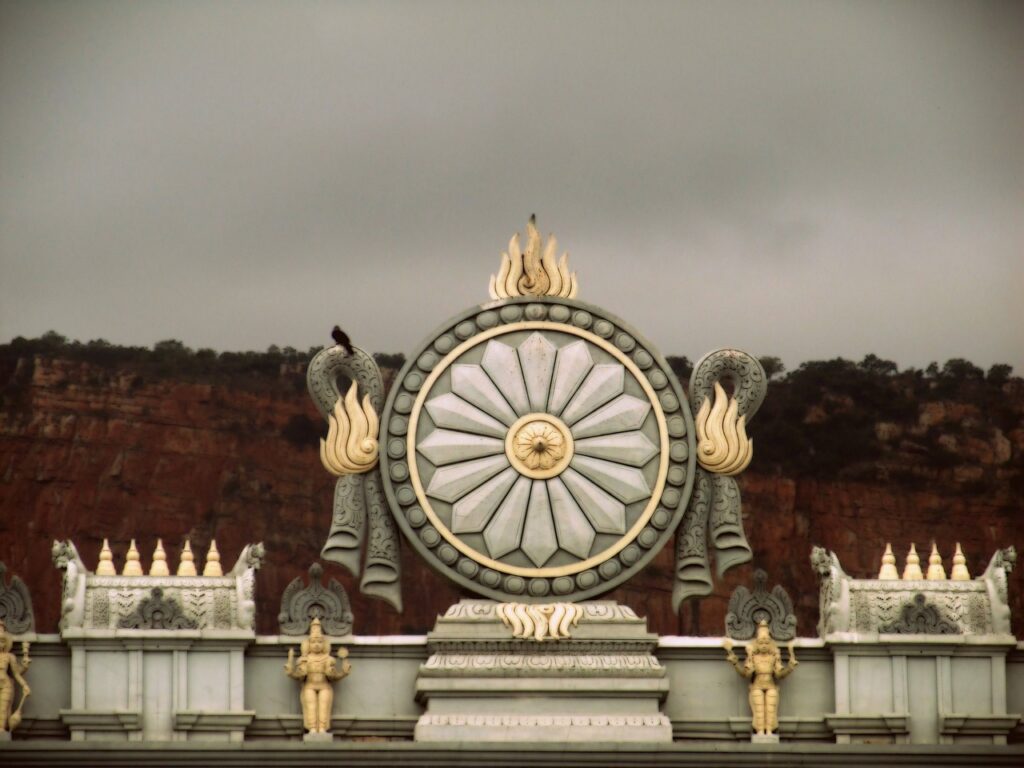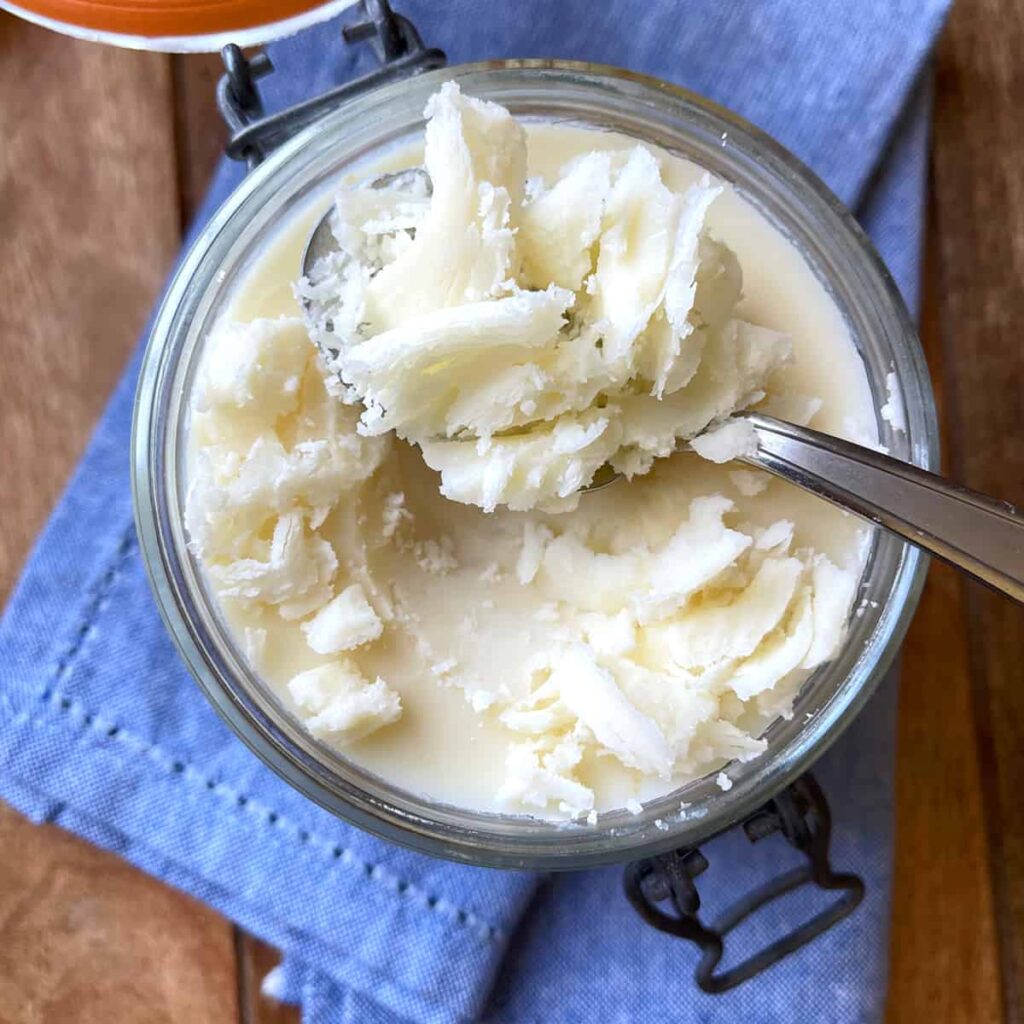In a significant development, a lab report has raised concerns over the ingredients used in the famous Tirupati laddus. Chief Minister N. Chandrababu Naidu, during a recent NDA meeting, claimed that the YSRCP government has been using animal fat (Tallow) in the preparation of these revered offerings.

what is Tallow?
Tallow is a rendered fat derived primarily from beef or mutton suet and mainly consists of triglycerides. In industrial contexts, tallow can include animal fats that meet specific technical criteria, such as melting point, and may contain fats from other animals, including lard from pigs, or even plant-based sources.
The primary components of tallow are derived from stearic and oleic acids. The solid material left after rendering is known as cracklings or greaves, often used in animal feed, such as dog food.
In soap-making, “tallowate” refers to soaps made from tallow. For example, sodium tallowate is created by reacting tallow with sodium hydroxide or sodium carbonate, resulting in a mixture of sodium salts of fatty acids like oleic and palmitic acids.

A report from the Centre for Analysis and Learning in Livestock & Food (CALF), part of the National Dairy Development Board (NDDB), revealed traces of fish oil, beef tallow, and lard in the cow ghee procured by the Tirumala Tirupati Devasthanam (TTD). This ghee is essential for producing various prasadam, including the iconic Tirupati laddu, which sees daily production of approximately 350,000 pieces for pilgrims visiting the Tirumala hill shrine.
The YSRCP has dismissed Naidu’s allegations, sparking a heated debate over food safety and religious practices. As the situation develops, many devotees are expressing their concerns about the purity of the offerings they hold dear.
Stay tuned for further updates on this ongoing controversy and its implications for faith and tradition at the Tirupati temple.





Leave a Reply